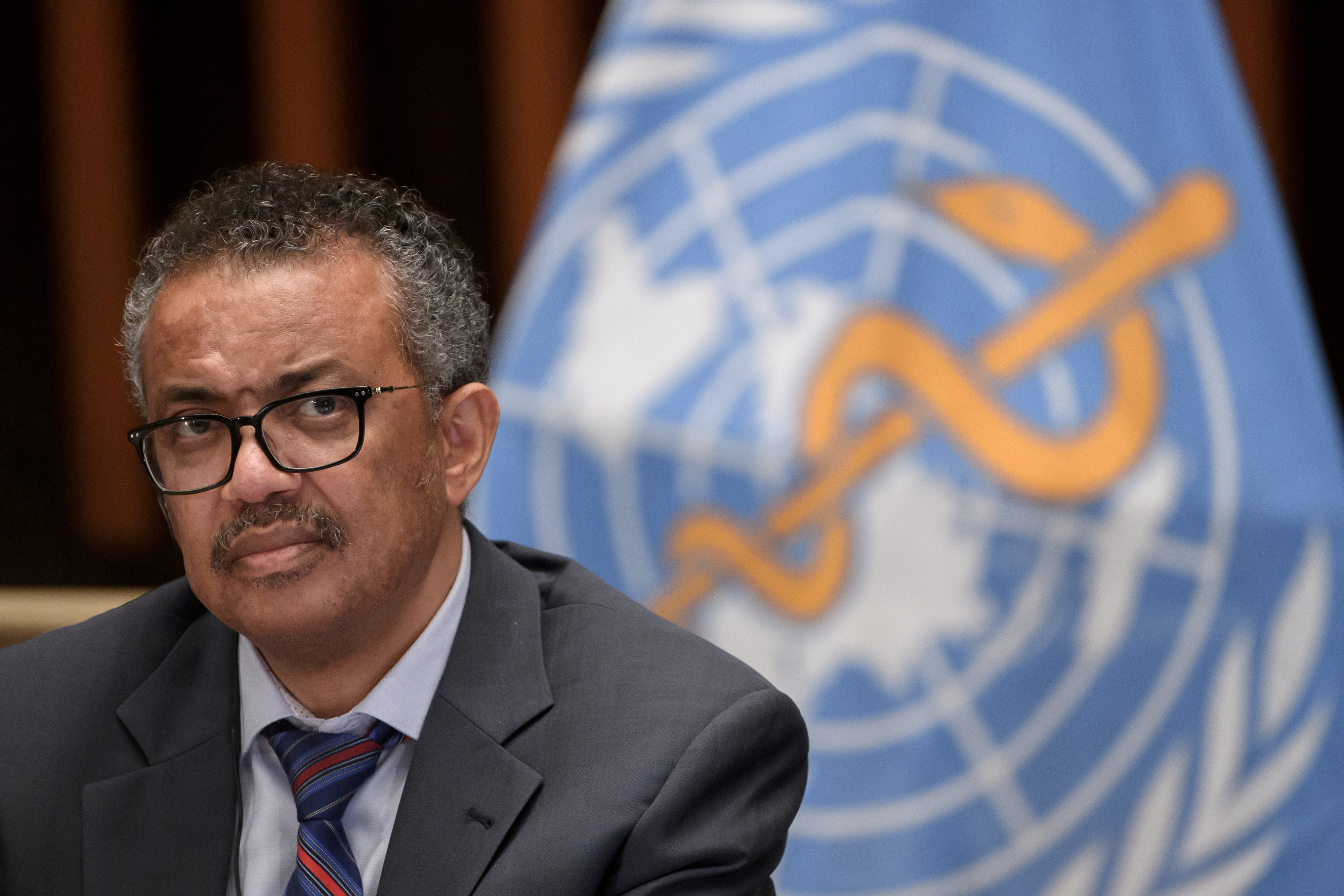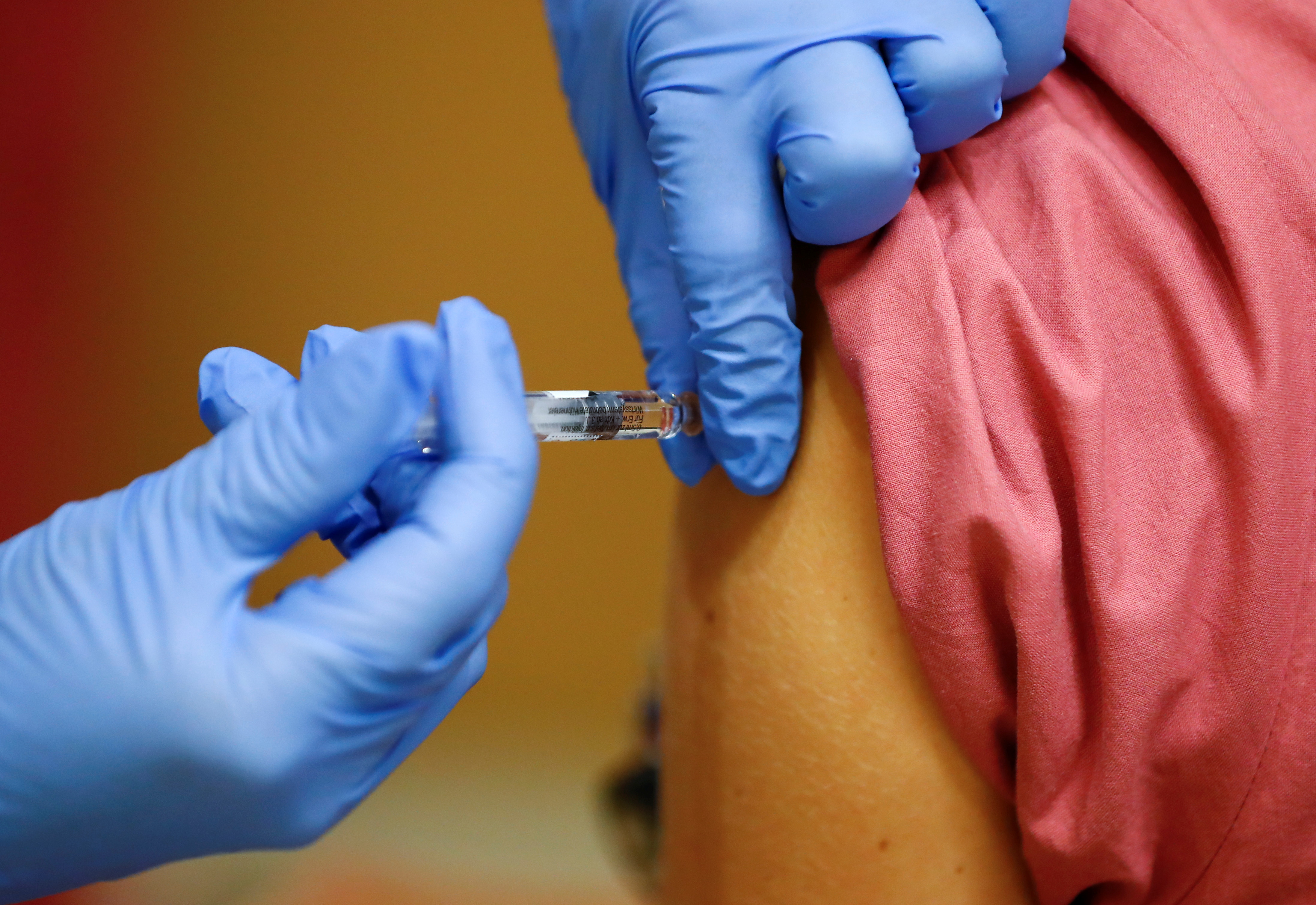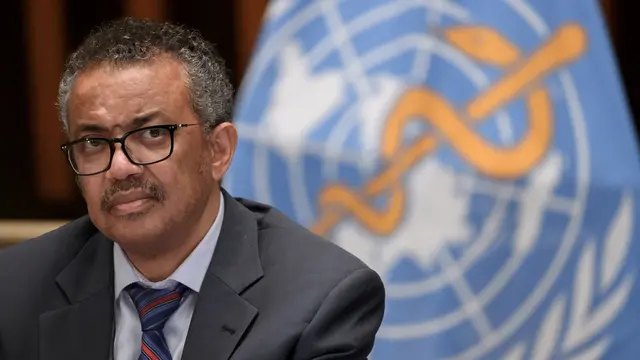
WHO Director General Dr. Tedros Adhanom Ghebreyesus attends a press briefing from WHO headquarters in Geneva - Reutersr
Europe has called for a swift overhaul to the World Health Organization which would include bestowing the UN agency with more powers and better funding to ensure the organization is fully equipped to handle health crises.
"The World Health Organization can only be as good as we as member states make it," German Health Minister Jens Spahn said after European Health Ministers met virtually on Friday. "We want to make the WHO more transparent, more effective, and more powerful."
Spahn, who conducted the press briefing from quarantine after contracting the virus earlier this month, said the proposal would be tabled when the WHO World Health Assembly resumes on November 9. And while the current pandemic is the main focus, Spahn said the reform debate can be "held in parallel."
The draft document aims to give the WHO more power to conduct on the ground, independent investigations into an outbreak.
Right now, it is the country in which an outbreak is occurring that sets the tone, approving the list of experts who can conduct the probe and dictating the schedule. This has raised questions about transparency during an outbreak.
"It is extremely important we move ahead with this reform," EU Health Commissioner Stella Kyriakides said during the same press conference.
Europe is also calling for the WHO to be better funded. A recent review by the Independent Oversight and Advisory Committee for the WHO Health Emergencies Program (IOAC) found that the way the organization is financed can hamper its ability to lead in a fast-moving crisis.
A substantial proportion of the WHO's funding is earmarked voluntary contributions and less than $300 million a year is set aside for the Health Emergencies Program.
Commissioner Kyriakides said Brussels provided $100 million to the WHO last year.

There are continuing questions about how a COVID-19 vaccine would be distributed internationally. /Reuters
Health ministers also discussed the prospect of a potential COVID-19 vaccine and how it would be distributed across the 27-member bloc. The plan is to ensure that all countries, regardless of their size, receive doses as soon as they become available, in proportion to the population size.
But Spahn said before Europe would approve a vaccine, it would first need to review late-stage clinical trial results.
"What I find most important for acceptance is that we make clear from the beginning that we will wait for clinical trials in Phase III results before there will be an approval," he said.
 简体中文
简体中文

